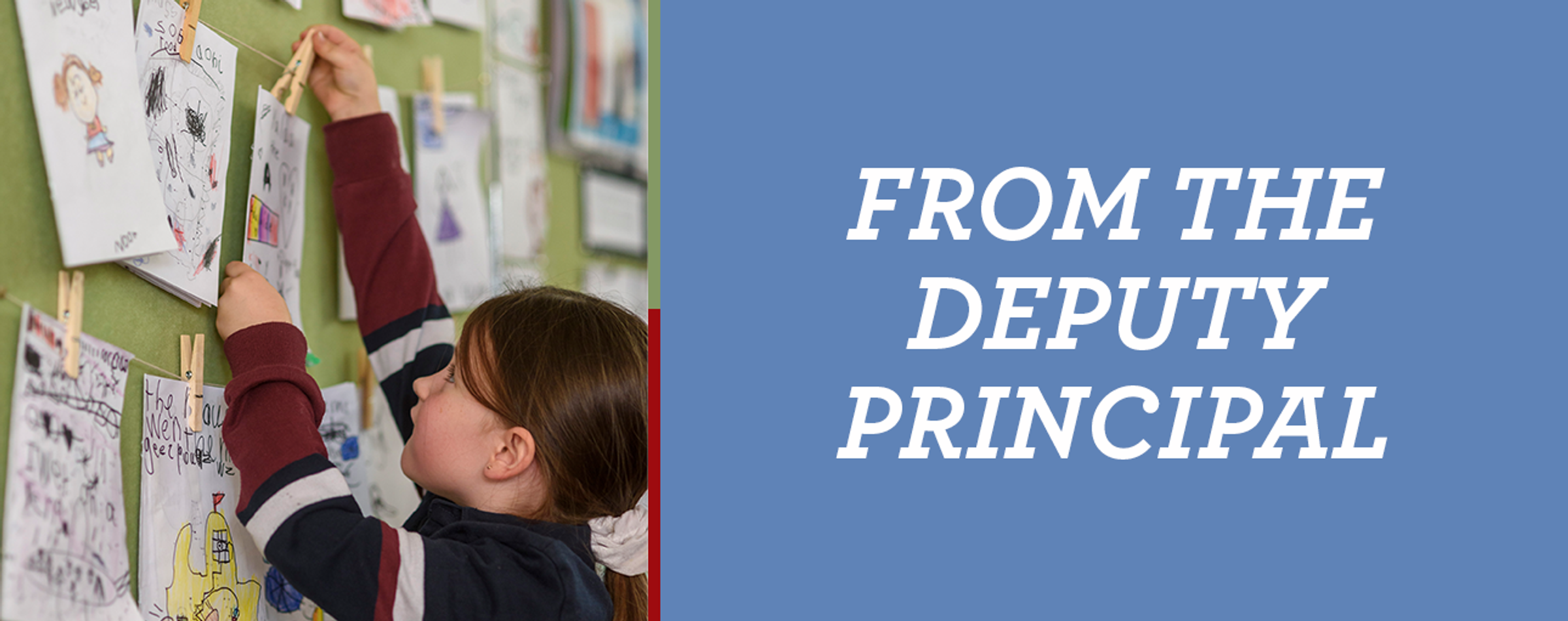From the Deputy Principal
Jason Fay

From the Deputy Principal
Jason Fay
A large number of South Australian schools will allow the use of artificial intelligence websites such as ChatGPT, except during exams and tests, this year. If you haven’t come across anything about ChatGPT, it is essentially a an AI robot that will produce any type of document on any topic that you request. Need a 500 word essay on the cause of WW1? Ask chat GPT and you’ll have it in less than a minute. Ask it again a minute later and it will create a different essay to the first. What about a market report on the state of crypto currency? Done. A summary of Lutheran Theology and it’s place in education? Done. A strategic plan for a small business? Easy.
So how will this help children learn? The jury is out. It has been described as just like when the calculator came along in maths, or just a souped up Google type search engine. At the moment though, my personal reflection is that this is just another piece of technology that is making us less human. For children who are forming connections with themselves as learners, and hard wiring their brains, outsourcing critical thinking and creativity is a slippery slope. We know that brain is most flexible in young people but as the maturing brain becomes more it is less capable of and adapting to new or unexpected challenges. Flexibility in a child’s brain means that their habits and skills are easily influenced and shaped (even stunted), and once this occurs, it’s very difficult to rewire in later years.
At St Paul, our Image of the Child means that we believe in walking alongside children as they explore and realise their identity and love of life. In Lutheran Schools this takes on additional significance as we are willing to be open to the humanity of children and invite them to contribute to their communities and God’s ongoing creation. In the face of artificial intelligence and a more automated world, schools must foster the humanity of children more than ever before. In a world where the influence of technology is evolving exponentially, it is the humanity of our children that will set them apart from ChatGPT.
Next week on Friday March 3, children in Year 3 and 5 will participate in a NAPLAN Online practice test. In week 7, they will then participate in the official NAPLAN testing period.
March 15: Writing Test, Reading Test
March 17: Conventions of Language Test, Mathematics Test
Make up test sessions are scheduled for March 20, 22 and 24.
If you have any questions about NAPLAN, please speak to your child’s teacher.